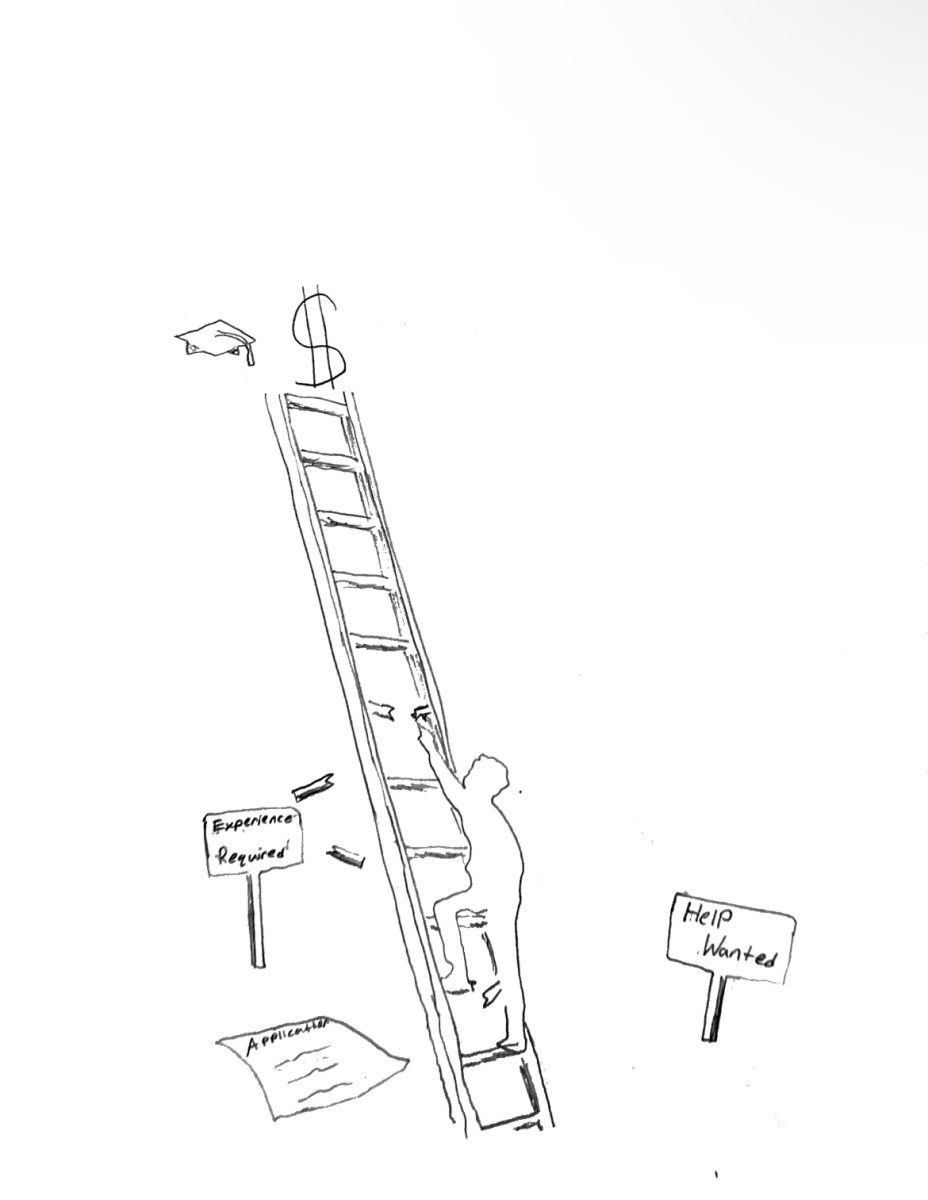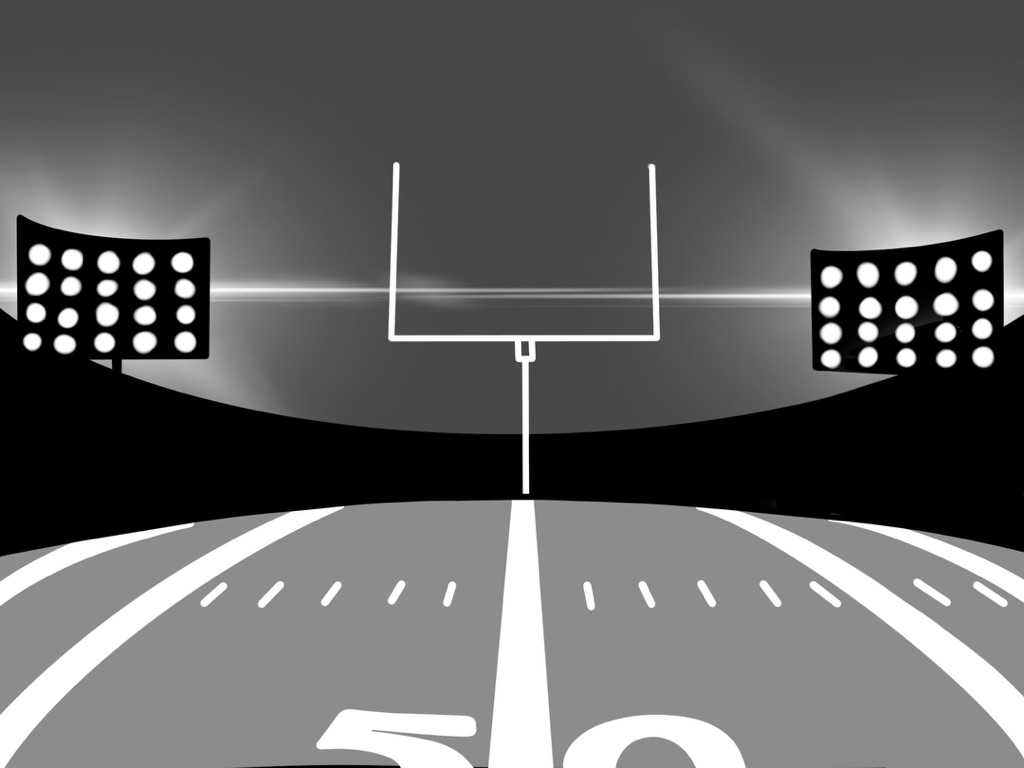Football is a physical sport. It’s a known fact that with the constant pushing, shoving and tackling the sport entails, there are bound to be injuries. The ongoing study of concussions in football players has been an issue that has sparked heated discussion in the NFL for years. But hundreds of players also suffer muscular and bone injuries every year, according to the NFL’s injury report, where each team gives information on their players’ injuries each week. Football has the highest injury rates of any major sport in the U.S. at all levels, amateur through professional. Even though new technology and tackling methods are lowering concussion occurrences, injuries to other parts of the body are still occurring. Because of the physical nature of the sport, all measures need to be taken to ensure the greatest amount of safety for the players.
But the problem is that the NFL is not currently taking those measures. According to Mueller Sports Medicine, the most common injuries in the NFL are leg or knee injuries, which make up 50.4 percent of player injuries. Shoulder or arm injuries happen the second most often, then back injuries, ankle injuries and finally concussions, which make up only 7.4 percent of the NFL’s injuries. Because of the current NFL schedule, more instances of muscular injuries are occuring.
In order to play on Thursday night, the practice and recovery schedule is incredibly expedited. When playing on Sunday or Monday night, when most NFL games occur, teams do not have their first full contact practice of the week until Wednesday or Thursday, and then have the next two to three days of no contact to prepare for the game on Sunday or Monday. But for Thursday night, teams have their first full contact practice on Tuesday, just two days after their last game, and they only get one rest day to prepare for their game on Thursday. Because of this, players are often going into the Thursday night game not fully recovered and healed from their battle on the gridiron the weekend before.
On Nov. 9, the Arizona Cardinals played the Seattle Seahawks on Thursday Night Football in one of the most injury-riddled games of the season, according to the injury report. Most notably, all-pro cornerback Richard Sherman of the Seahawks tore his achilles and was evaluated as not able to play for the rest of the season. Not only was Sherman injured, but seven other Seahawks players were knocked out of the game that night with muscular injuries.

This Thursday night game is one of many that have cost star players their season in recent years. In 2016, we saw J.J. Watt, a defensive end for the Houston Texans, suffer a herniated disc in a Thursday Night Football game during week three of the regular season, which required surgery. He missed the remainder of the season. This year, Watt continued to suffer back pain, and in week six of the regular season, he suffered a fracture of his tibial plateau in his left knee, causing him to have season-ending surgery once again. Watt has received all-pro honors in four of his five years in league so far, while earning the AP Defensive Player of the Year award in 2012, 2014 and 2015, but his future in the NFL is uncertain after these gruesome injuries.
Considering that every NFL team plays one game a year on Thursday night out of the sixteen games in their schedule, every player in the NFL has to suffer and grind through the short week, hoping that they don’t seriously injure themselves and put their careers in jeopardy.
If the NFL knows this, why do they continue to play games on Thursday nights? League commissioner Roger Goodell stated to Sports Illustrated in a report from 2016 that player safety is the NFL’s number one priority, so why risk players’ health and play on Thursday night?
The fact is, the NFL is a business. Businesses want to make money, and the NFL makes a lot of money because of Thursday Night Football.
On Feb. 1, 2016, CBS and NBC agreed to pay roughly $450 million each year to air Thursday night games over the next two years. Each network gets to broadcast five Thursday night games each season. The deal works out to $45 million per game and a total of $900 million over the duration of the deal.
But, even though this may be the case, the NFL gets paid billions of dollars for TV deals for all the games. In the grand scheme of things, $45 million is a small fraction of what the NFL makes off of TV revenue, and is only about two percent of the average worth of an NFL franchise. No team is lacking money, so putting players’ health in jeopardy during Thursday Night Football is not worth the risk.
Thursday Night Football is still allowed because there is no concrete evidence, according to the NFL, showing a direct correlation between increase of injuries and Thursday Night Football. In fact, injury rates are even lower for Thursday night games than they are for Sunday or Monday night games, according to the NFL injury report. But, these reports are not legitimate sources of determining injuries sustained on Thursday nights. According to Football Outsiders, the NFL normally wants teams to issue their injury reports on Tuesday, which is only two days after Sunday’s games but five days after Thursday’s game. Because of this, more injuries show up from Sunday’s games because the players have had less time to heal. Even though this is the case, the number of major injuries that show up on the injury report is similar to those reported from Sunday and Monday games. According to the injury report, injury rates on Thursday night are only about three percent lower than those on Sunday night, meaning that there’s almost as many serious injuries on Thursday night games than there are all injuries on Sundays.
And even if the injury report shows no evidence of increased injury rates, the National Center for Biotechnology Information concluded in their own research this year that in fact there are dramatically increased injury rates when football games are played within three days of each other, compared to having a week between them.
Even though data is disputed, the players’ opinions on Thursday Night Football is clear. Players such as Doug Baldwin, Michael Bennett, Bobby Wagner, Ben Roethlisberger, Richie Incognito, Drew Brees and many more have made their opinions public by expressing their frustrations in interviews or over Twitter. None have been more outspoken against the games than Richard Sherman, who started the public movement against Thursday Night Football a year before his season was cut short due to an injury on a Thursday night. Sherman, a Stanford graduate and high school valedictorian, wrote a piece for the Players Tribune in 2016 titled “Why I Hate Thursday Night Football.” In the article, Sherman describes the night as a “poopfest,” and details the struggles that every player has to go through when playing on Thursday night.
To ensure player safety, the NFL should get rid of Thursday Night Football. Period. It may make slightly more money, but in turn could cost a player his career because he was not prepared to play the game. And after all, Roger Goodell’s “number one priority is player safety,” right?







